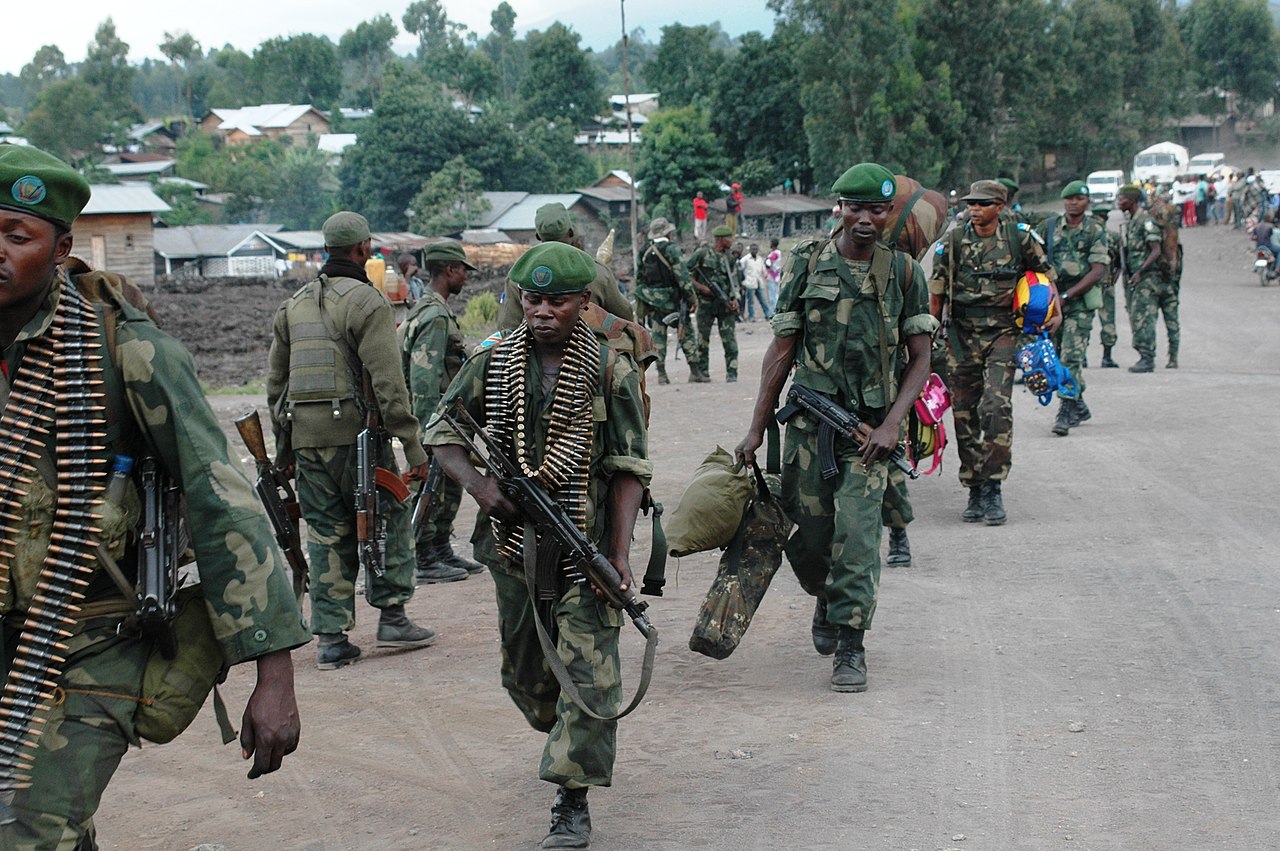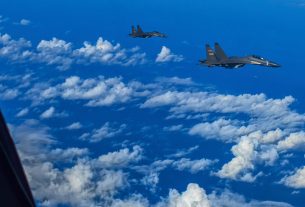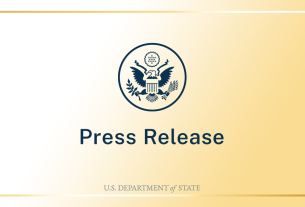The Democratic Republic of the Congo (DRC) has endured over three decades of conflict, resulting in more than 6 million deaths and approximately 7 million internally displaced persons. This makes it the deadliest conflict since World War II. Among the numerous armed groups operating in the region, the Allied Democratic Forces (ADF), an Islamist militia affiliated with the Islamic State, have been particularly notorious for targeting Christian communities.
Targeted Persecution of Christians
In February 2025, the ADF abducted at least 70 Christians from the village of Mayba in North Kivu, transporting them to a Protestant church in Kasanga, where they were beheaded. This incident, known as the Kasanga Massacre, highlights the brutal tactics employed by the ADF against Christian civilians. Similarly, in March 2023, the ADF carried out the Mukondi Massacre, killing over 30 people with machetes during a celebration of International Women’s Day. These attacks are part of a broader pattern of religious persecution, with at least 237 Christians killed by the ADF since Christmas 2024 .(Wikipedia, Wikipedia, Barnabas Aid)
Resource Exploitation and Armed Group Control
The DRC’s vast mineral wealth, including cobalt, coltan, and lithium, has been a significant driver of conflict. In Rubaya, eastern Congo, artisanal miners extract coltan under hazardous conditions, with the area frequently changing hands between government forces and armed groups like the Rwanda-backed M23 rebels. Currently, the M23 controls the mines, taxing the coltan trade and exporting it to Rwanda, where it’s smuggled through a murky global supply chain . Despite the region’s mineral wealth, over 70% of Congolese live on less than $2.15 a day, underscoring the disparity between resource extraction and local prosperity.(AP News)
Humanitarian Crisis and Displacement
The ongoing violence has led to a severe humanitarian crisis. As of November 2024, over 7 million people were internally displaced across the DRC, with conditions worsening daily due to attacks on displacement sites, resource shortages, and limited humanitarian assistance . In Goma, the capital of North Kivu Province, residents have been forced at gunpoint to perform public sanitation duties like cleaning sewers and morgues under rebel rule, with penalties including fines, whippings, or arrests for noncompliance .(UNHCR, WSJ)
International Advocacy and Response
In response to these atrocities, the European Centre for Law and Justice (ECLJ) has collaborated with organizations like Africa New Day to raise awareness among international institutions. Delegates from these organizations recently met with members of the European Parliament, the European Commission, and the European External Action Service (EEAS) in Brussels to testify about the situation in the DRC. Additionally, the ECLJ has submitted contributions to the UN Special Rapporteur on internally displaced persons ahead of her visit to the DRC and plans to present a written statement to the UN Human Rights Council to highlight the targeted persecution of Christians in the region.
Conclusion
The situation in the DRC remains dire, with ongoing persecution of Christians, exploitation of natural resources by armed groups, and a deepening humanitarian crisis. International attention and intervention are crucial to address these issues and support the Congolese people in their quest for peace and stability.
For more information and to support efforts to aid persecuted Christians in the DRC, please visit the European Centre for Law and Justice’s website.
Congolese National Armed Forces Picture on Wikimedia by MONUSCO Photos



